Bali is undeniably one of the world's best digital nomad destinations. Canggu and Ubud are flooded with remote workers and expats, drawn to the affordable cost of living, strong wifi, and progressive coworking and social scenes.
Meanwhile, nearby Gili Islands rarely get a mention from the digital nomad community.
We decided to leave our apartment in Canggu and head east to see if it's possible to live as digital nomads in the Gili Islands.
About the Gili Islands
The Gili Islands are made up of three unique islands located off the coast of Lombok, Indonesia. The remote islands are known for their crystal clear waters, white-sand beaches, and incredible marine life.
You can reach the Gilis from two ports in Bali: Padang Bai and Sanur. More boats run from Padang Bai, making it a more common option for travelers.
Getting around
There are no automobiles on the islands so the main forms of getting around are walking, bicycles, or horse and cart.
Keep in mind, the horses are extremely mistreated, malnourished, and beaten. Supporting this means is absolutely promoting animal cruelty.
Gili Meno is the only island that doesn't have horses, which makes for a nicer feel in general.
For this reason, we chose to walk and bicycle around each island we visited.
The three Gilis
Gili Trawangan:
Gili T is the largest and most popular island of the three. The island is best known for partying and attracts a young crowd of backpackers.
Gili Air:
Gili Air is better known for its chilled and laidback vibes. There's a small yoga scene and the island tends to attract and a mixture of young adults and families. This island has the best vegan options.
Gili Meno:
The smallest and less developed island of the Gilis, Gili Meno is probably the most stunning of the three. There's not a whole lot to do on the island, but it's ideal for those wanting to feel a million miles away from civilization. This was our personal favorite of the three islands.
Major difficulties of working in the Gili Islands
No one wants to complain in paradise. But as much as we hate to admit it, our workdays in the Gili Islands were frustrating.
We would need to move, on average, once every couple hours due to wifi or power loss. Sometimes the entire island would lose power.
We relied heavily on phone data, but even that was patchy. This was before we'd even heard of global hotspots like Skyroam, which could have made our lives a whole lot easier.
There's also not much in the way of good comfortable workspaces because the Gilis aren't exactly developed. Their lack of development is what makes them so great to visit... just not as a digital nomad. If you have work to get done, it's best to stay on the mainland.
Our experience in Gili Air & Gili Meno
We stayed for two weeks in the Gili Islands between Gili Air & Gili Meno. (I'd visited Gili T on a previous trip a few years before, so knew that wasn't what we were looking for.)
We arrived at Gili Air with no set time-frame of how long we'd stay. We lasted a little more than a week before the difficulties of working got too much and we decided to move on.
Despite knowing Gili Meno would likely be worse for working than Gili Air, we decided to take time away from the laptops and just soaked up our last days in paradise before heading back to Canggu to catch up on work.
Best coworking cafes in Gili Air
B-52 Cafe
This little cafe is probably the best spot on the island to work. The wifi is slow, but you should get by with low bandwidth tasks. It does get busy here, though, and the busier it gets, the slower the wifi gets. (Yes, they serve non-dairy milk too.)
Musa Cookery
During one of the many power cuts during our stay, we saw people using laptops at this restaurant and figured they must have a back-up generator. It gets busy here and the wifi isn't great, but it's a nice place to sit and work among likeminded people. They also serve up some awesome vegan food.
Breadelicious
A popular spot to get some work done. There is more seating and power outlets available than nearby B-52, but with slower wifi.
Sharkbites
This craft beer bar is by no means a cowork space. However, after exhausting slow wifi speeds at the island's cafes, we ended up finding the fastest wifi at Sharkbites - and the best part, no one else was clogging up the bandwidth.
Are the Gili Islands recommended for digital nomads?
To put it bluntly, no.
The Gili Islands live up to their reputation as remote islands and daily power cuts, poor wifi, and minimal working spaces will likely leave you closing your laptop to go snorkeling instead.
I don't doubt there's potential for the Gilis to rise up, but the infrastructure needs to be there first.
If you're not at the mercy of deadlines and high-bandwidth, then the Gilis could be a relaxing place to get some work done when you can and relax the rest of the time. But for the rest of us, save it for a weekend.

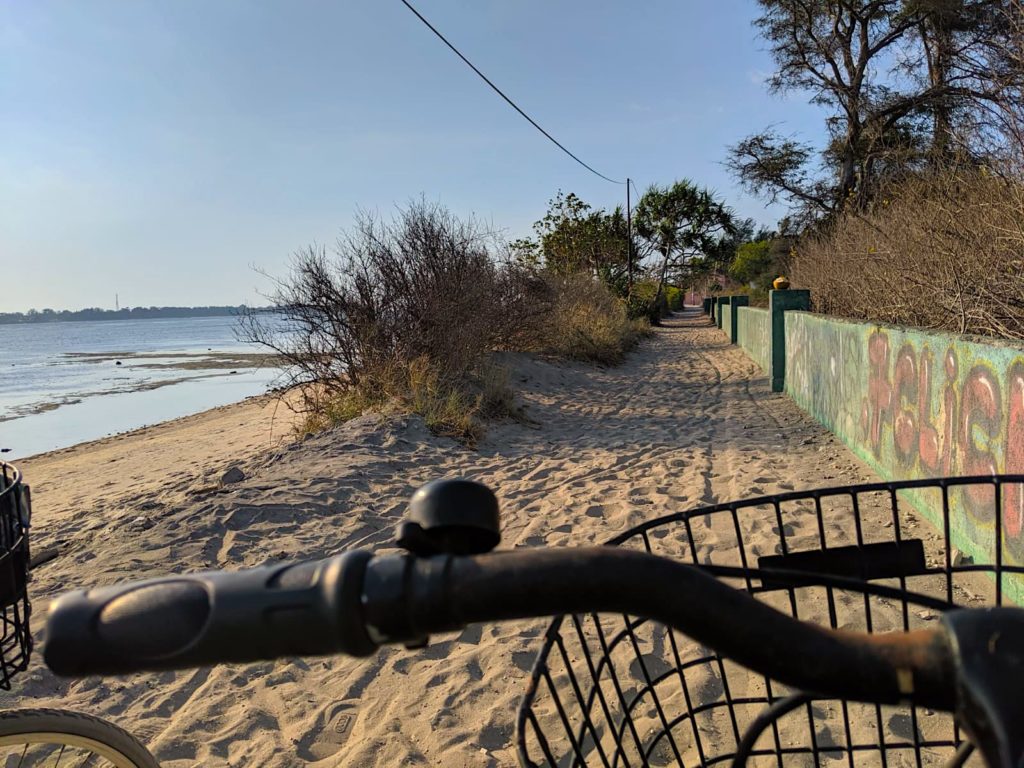
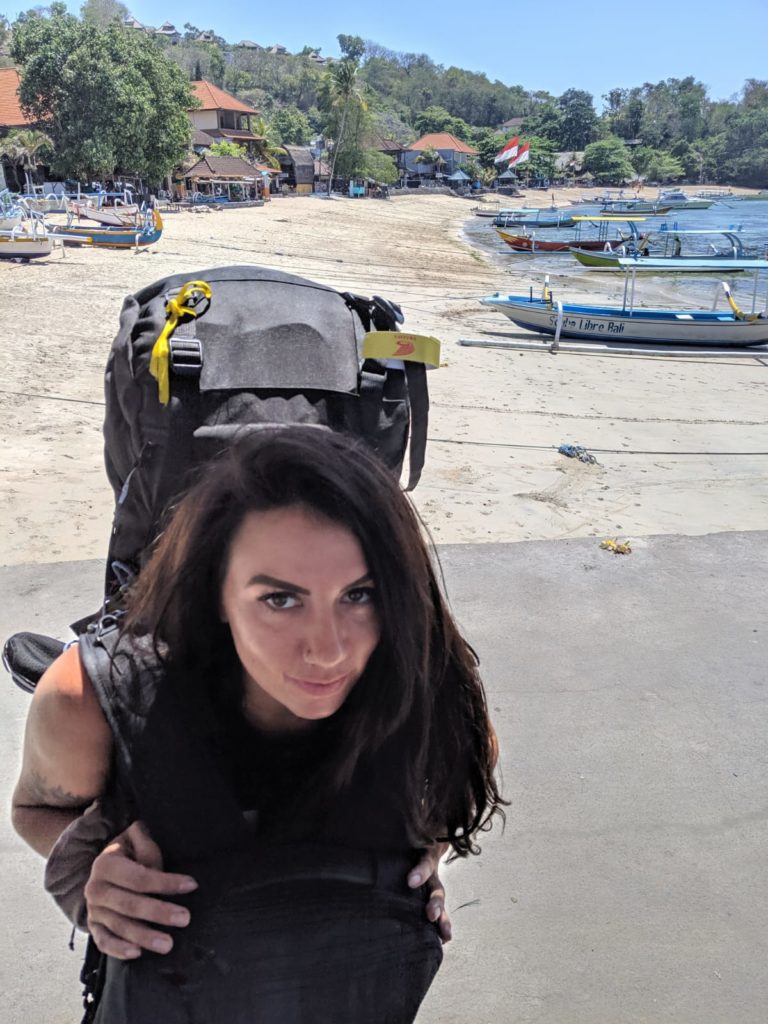
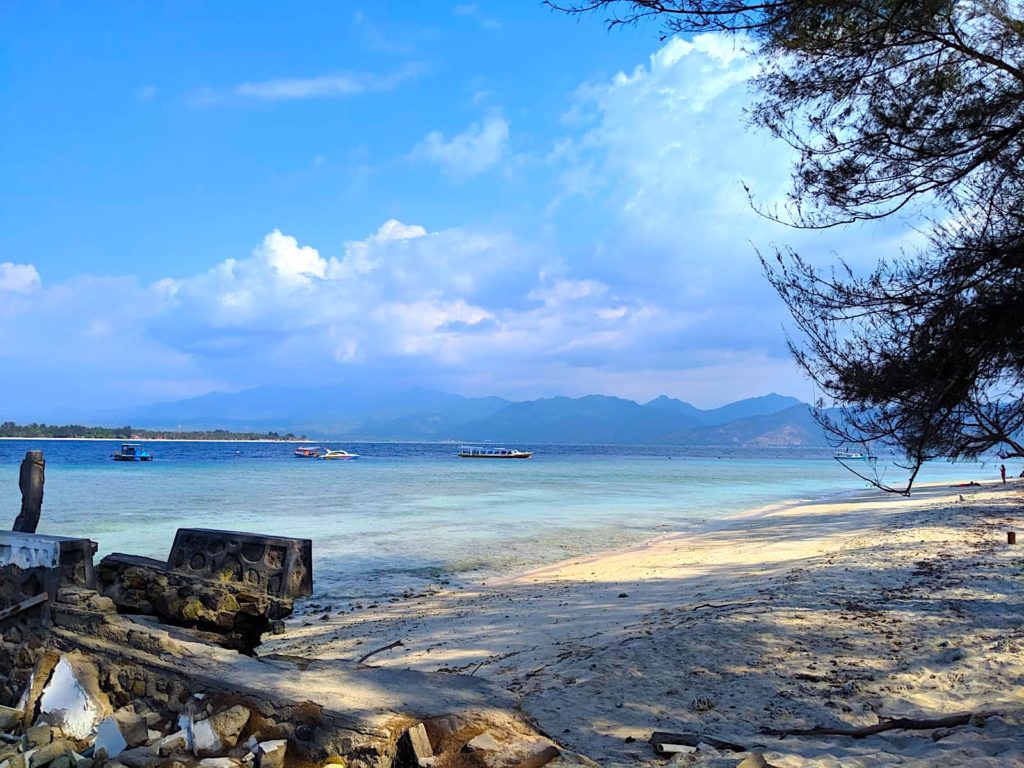
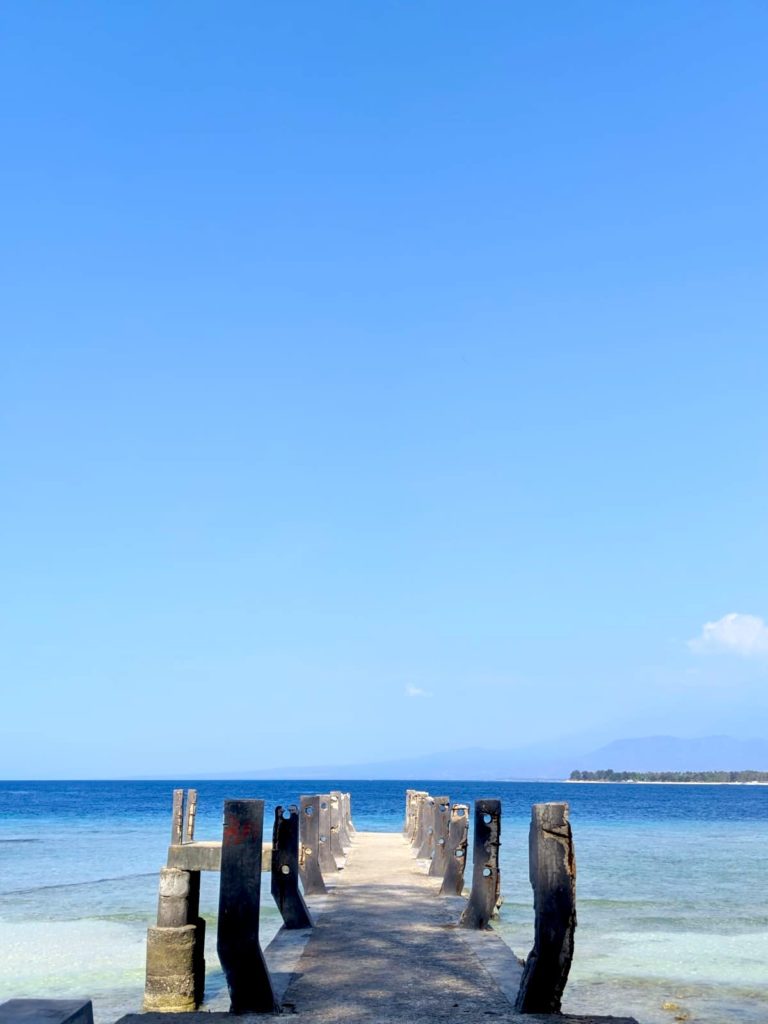
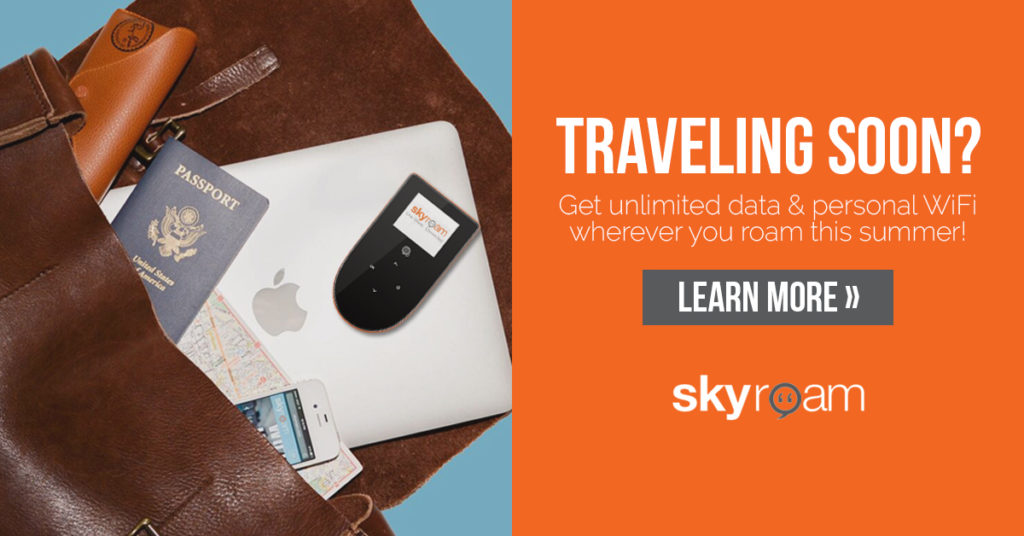
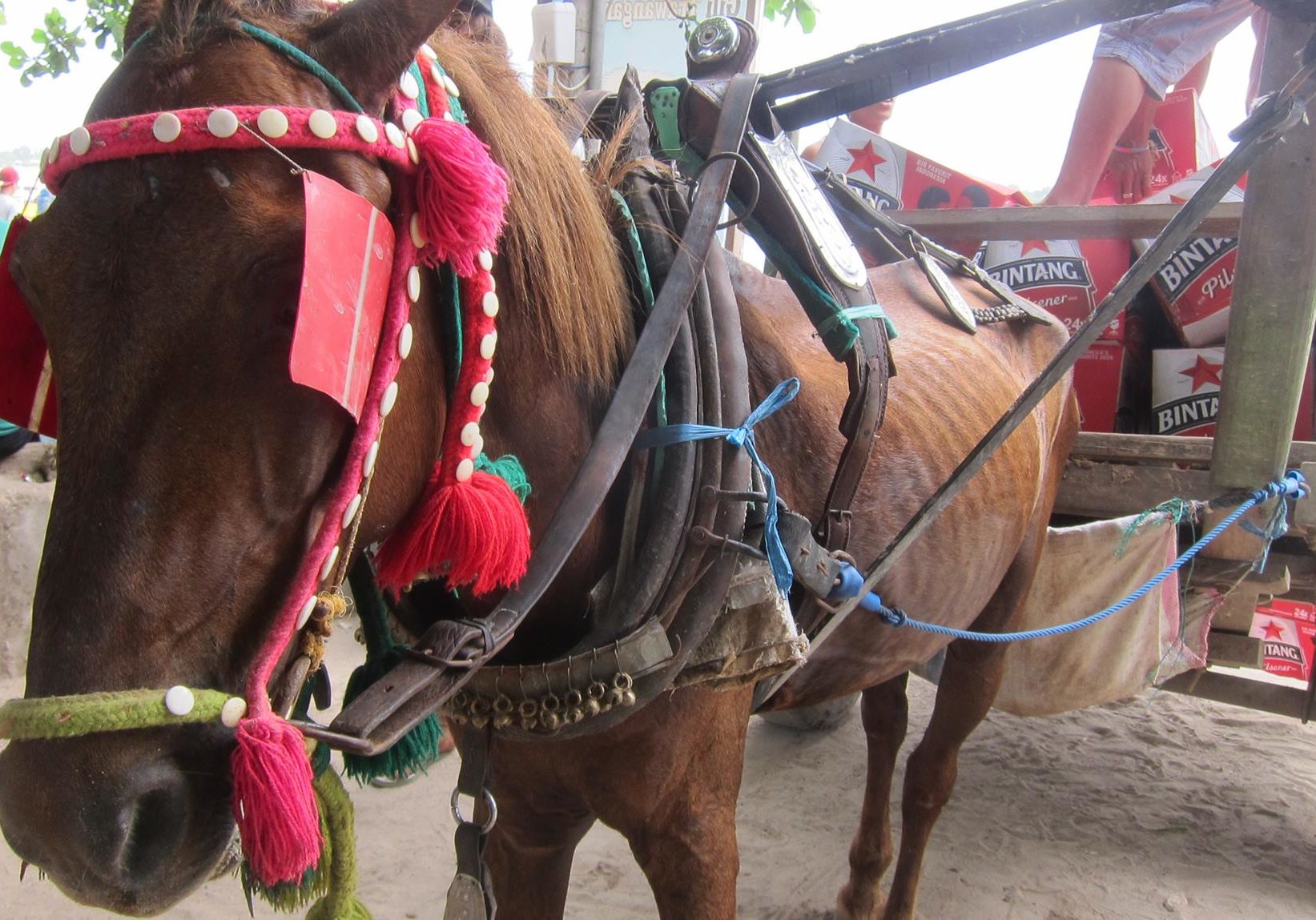
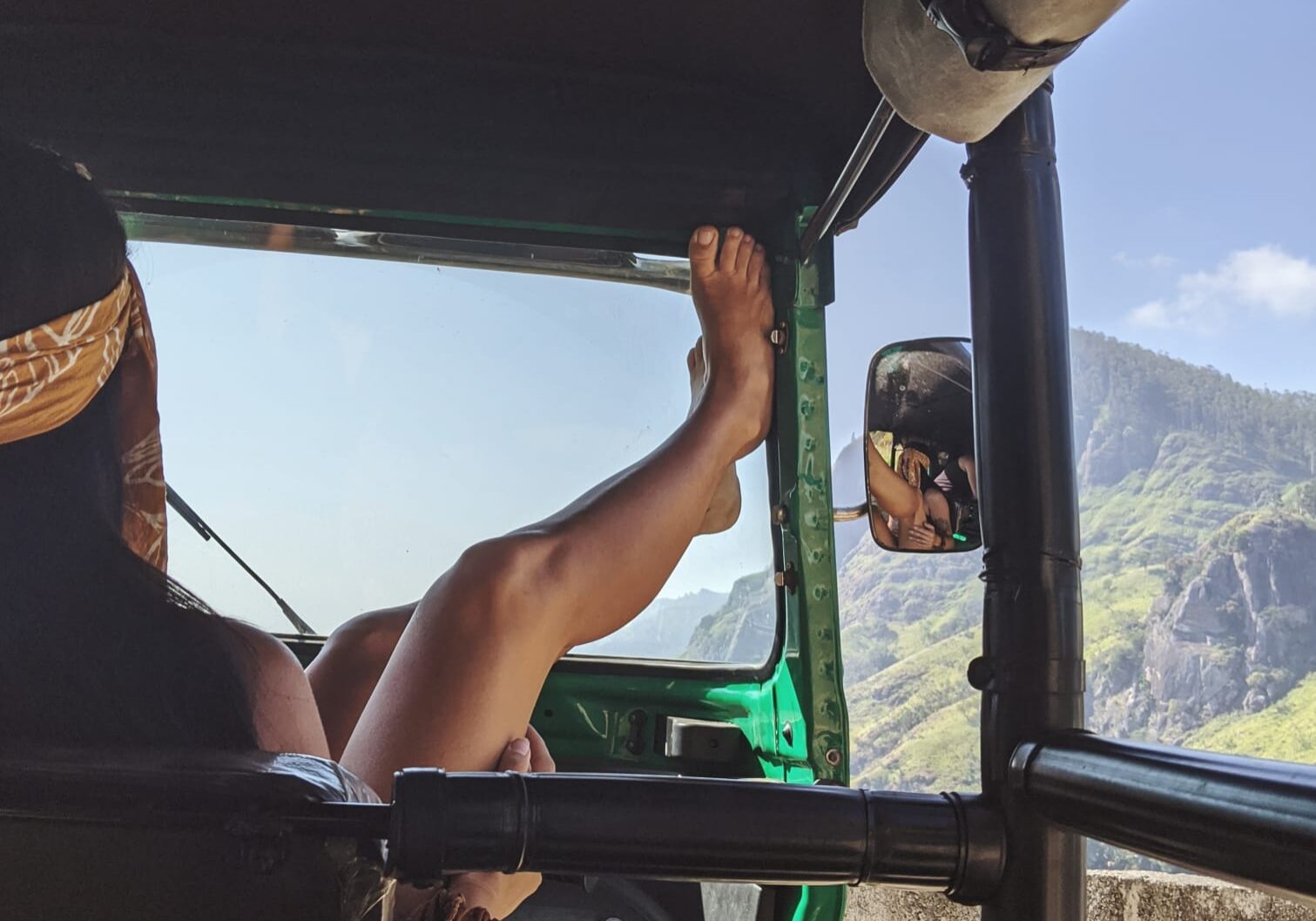
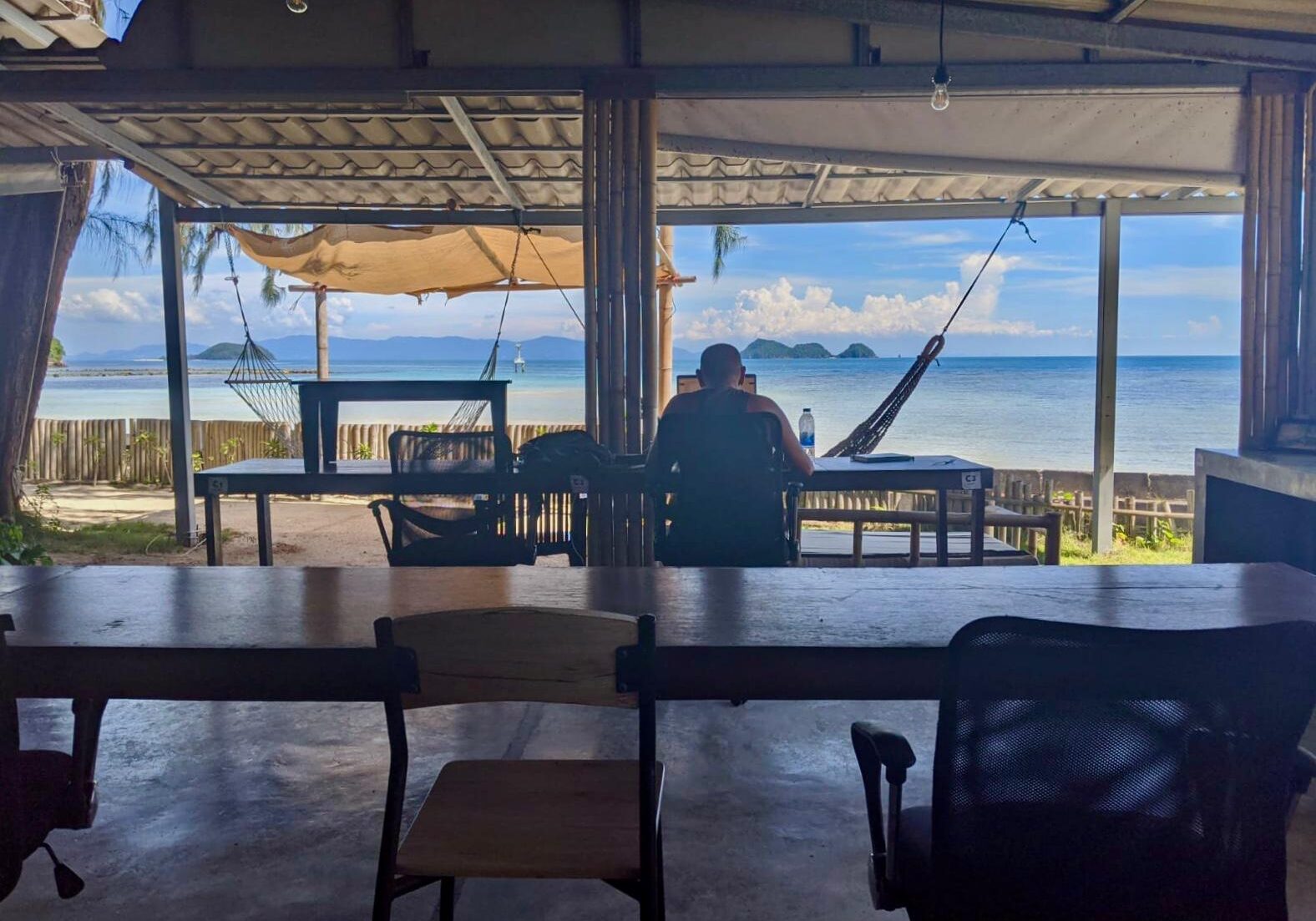
1 thought on “Remote Working in the Gili Islands | Can Digital Nomads Work In The Gilis?”